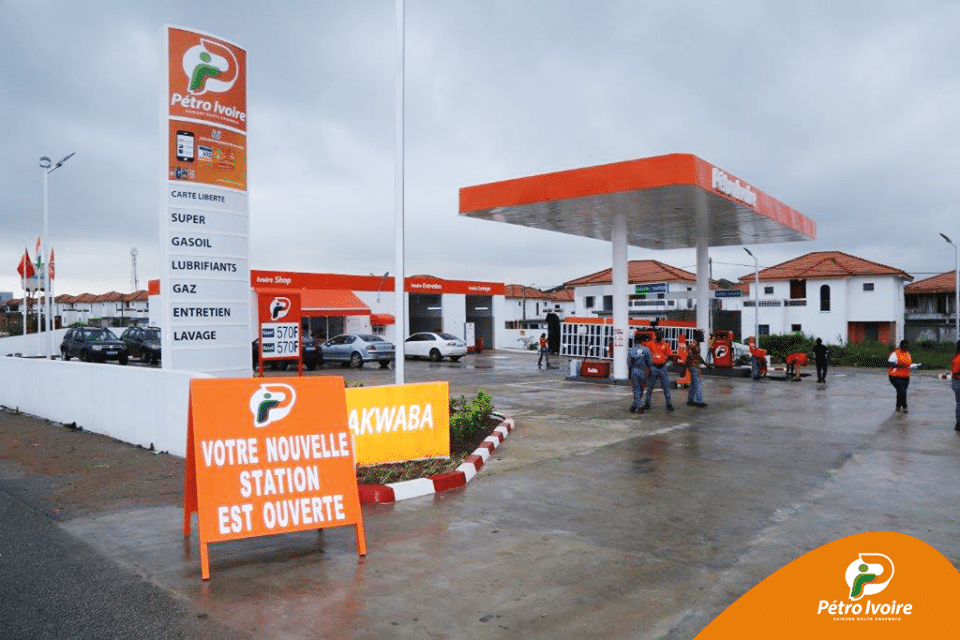The start-up Coliba has won a new contract in Ivory Coast. The start-up has just signed a partnership with the company Pétro Ivoire, specialized in the distribution of petroleum products and derivatives, for the management of its plastic waste. The oil company wants to reduce its environmental impact in Ivory Coast.
According to the agreement signed on December 10th, 2021, Coliba will equip Pétro Ivoire’s seventy-seven service stations with garbage cans for the sustainable disposal of used plastic packaging. In addition to selling fuel and lubricant, the company offers its customers “packaged gas”, which explains the large amount of plastic waste generated.
Coliba will recycle the waste collected from the Pétro Ivoire service station network into reusable plastic granules. This material is sold to the automotive, construction and textile industries, etc. With Pétro Ivoire, Coliba now manages the plastic waste of two oil companies in Ivory Coast, a partnership with the Ivorian subsidiary of the Dutch group Vivo Energy having already been signed in June 2021.
Recycling 15,000 tons of plastic waste by 2022
For greater efficiency in the field, the start-up Coliba plans to train 6,000 plastic waste collectors in Ivory Coast by early 2022. According to the managers of the young Ivorian company, the objective is to install each pre-collector as a self-employed entrepreneur.
Read Also – AFRICA: the circular economy at the heart of ecosystem preservation
Coliba aims to collect and recycle 15,000 tons of plastic waste in Ivory Coast thanks to a new plant that will support the Yopougon facility. In this West African country, companies are largely responsible for plastic pollution. Of the more than 40,000 tons of plastic waste produced each year, only 20% is sorted and recycled, according to estimates by the Ivorian Ministry of the Environment and Sustainable Development.
Inès Magoum
